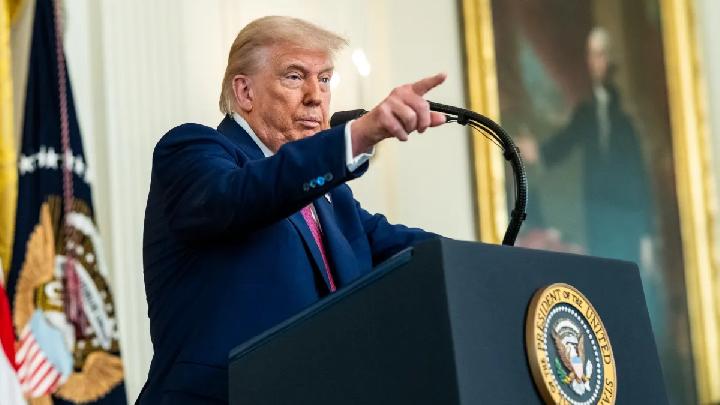TEMPO.CO, Jakarta - Egypt and Qatar, along with Turkey, are key regional supporters of the US-backed peace plan that the Gaza-based resistance group Hamas and Israel agreed to on October 10. This week in Egypt, the leaders of the two Arab states and Turkey, alongside US President Donald Trump, signed a declaration meant to cement the ceasefire in Gaza.
So it could be that the future of the war-torn Gaza Strip and its around 2.1 million residents will depend on them. That is, if the peace deal between Israel and Hamas advances out of this first phase, which brought the war in Gaza to a halt after some two years.
Egypt's profile building
"Egypt's role as a key mediator in talks to secure a ceasefire and end Israel's genocide in Gaza has allowed Cairo to reassert its strategic value to its international partners," Timothy Kaldas, deputy director of the Tahrir Institute for Middle East Policy, or TIMEP, a think tank, told DW.
"Egypt will want to maintain this momentum of demonstrating its diplomatic weight in the region," he predicts.
This role has led to a boost of foreign assistance and financing, Kaldas noted.
In February 2024, the United Arab Emirates signed onto a construction project at Ras al-Hikma, a Mediterranean peninsula near the city of Alexandria, worth $35 billion (€29 billion).
In March 2024, the European Commission pledged a total of €7.4 billion ($8.7 billion) combining a loan and other financial assistance for Cairo.
"For Cairo, it is also a diplomatic victory that earlier discussions of forcibly displacing the population from Gaza to Egypt and Jordan have been dropped in the plan put forward by US President Donald Trump," Kaldas told DW.
Furthermore, Cairo is going to want to play a significant role in reconstruction, he notes.
"Egypt has a lot of construction capacity that they've built up with their mega projects and having somebody else pay for Egypt's construction companies to get to work in Gaza is definitely something the Egyptians would like to arrange," Kaldas says.
The most recent Interim Rapid Damage and Needs Assessment by the United Nations, the World Bank, and the European Union estimated that $70 billion (€59.8 billion) was needed for recovery and reconstruction in Gaza, with $20 billion required in the first three years alone.
However Kaldas also said that the Egyptian authorities will want to be careful to frame their engagement in Gaza as supporting the Palestinian population and not acting as a surrogate for Israel.
Qatar's role as mediators
Qatar, the other Arab signatory to the document supporting the Trump-sponsored peace plan, is "most interested in making sure that the ceasefire sticks long enough to lock in a political track where its mediation remains indispensable," Kristian Alexander, senior fellow at the Abu Dhabi-based Rabdan Security and Defense Institute, told DW.
Qatar has close ties to Israel's strongest ally, the US. In 1996, the US opened their largest regional airbase, Al Udeid, some 30 kilometers (19 miles) southwest of Qatar's capital Doha. In 2022, Qatar was named a major non-NATO ally by the US and has also been hosting the political leadership of Hamas since 2012 at, Qatari officials say, the US' request.
"While Doha accepts that Hamas must ultimately disarm and cede control in Gaza, being pressured to expel the political leadership immediately without a comprehensive deal would destroy the very leverage that makes Qatar useful in the first place," Alexander said.
In early September, an Israeli strike on the political leadership of Hamas in Doha led to doubts about Qatar's status as a favored US ally and its role as a mediator in the peace talks.
Backing the post-war plan
On Friday, Israeli newspaper Israel Hayom reported that Saudi Arabia, the UAE and Bahrain had all warned the White House that "as long as Hamas retains its weapons, we will not continue with the process."
The UAE is not a frontline mediator like Qatar or Egypt but they are a crucial diplomatic and financial backer of the post-war plan, Alexander says. In 2020, the UAE signed a normalization deal with Israel under the so-called Abraham Accords
Saudi Arabia was not in the front row when the ceasefire deal was signed in Egypt either. But "Riyadh played a crucial role behind the scenes and the ceasefire represents an indirect diplomatic success," Sebastian Sons, a senior researcher at the German think tank, Center for Applied Research in Partnership with the Orient, or CARPO, told DW.
"Riyadh wants to see stabilization, not only in the Gaza Strip, but throughout the entire region as this is necessary for its economic diversification," Sons said. "However, Saudi Arabia does not want to be closely involved in Gaza in any way."
Sons believes Riyadh might be willing to train Palestinian soldiers in collaboration with Egypt and Jordan, instead of sending its own troops into the Gaza Strip.
"Above all, Riyadh wants to ensure that Hamas no longer plays a major role," Sons said. But, he added, "it is no secret that Riyadh does not consider the Palestinian Authority and its president, Mahmoud Abbas, to be particularly trustworthy partners either."
It also remains to be seen whether Israel and Saudi Arabia return to US-endorsed talks about establishing diplomatic relations again. The previous round of negotiations has been on hold since the Hamas attack on Israel on October 7, 2023, and the ensuing war. Saudi Arabia has insisted a credible path towards a two-state solution with an independent Palestinian state alongside Israel must be part of any path towards normalization.
Meanwhile, Trump seems to be positive about such a deal. On Friday, he said in an interview with US broadcaster Fox that he hopes "to see Saudi Arabia go in, and I hope to see others go in."
Editor’s Choice: US, France, and UK Draft UN Plan for International Force in Gaza
Click here to get the latest news updates from Tempo on Google News


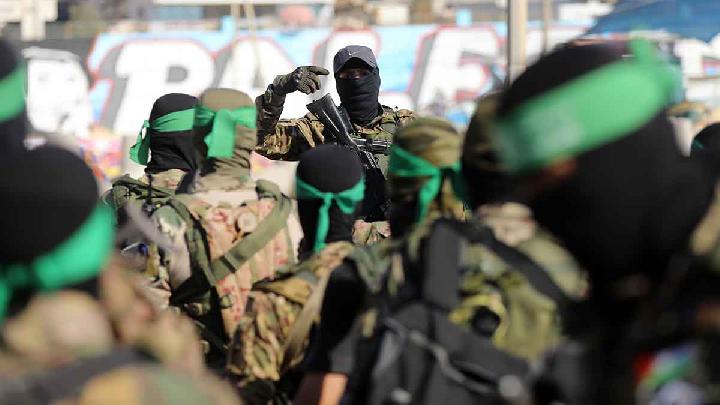

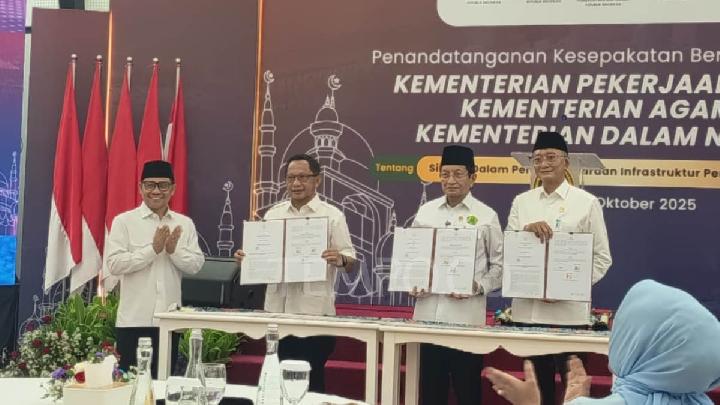

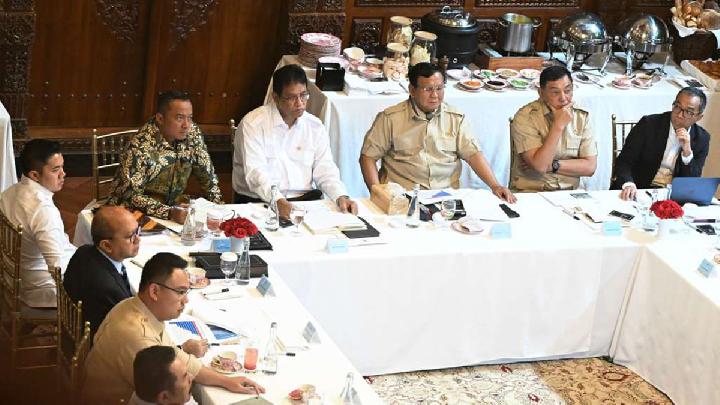
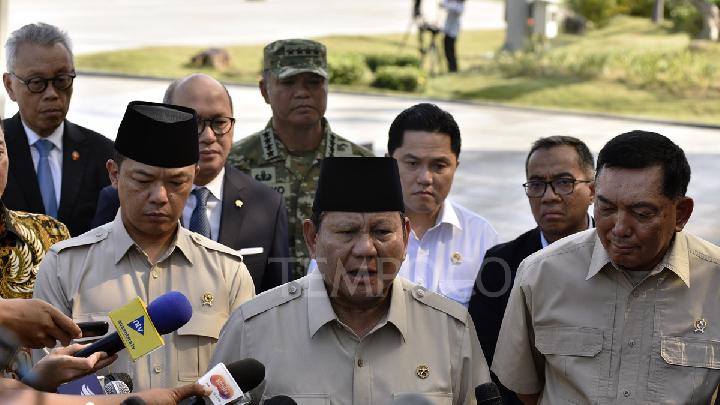

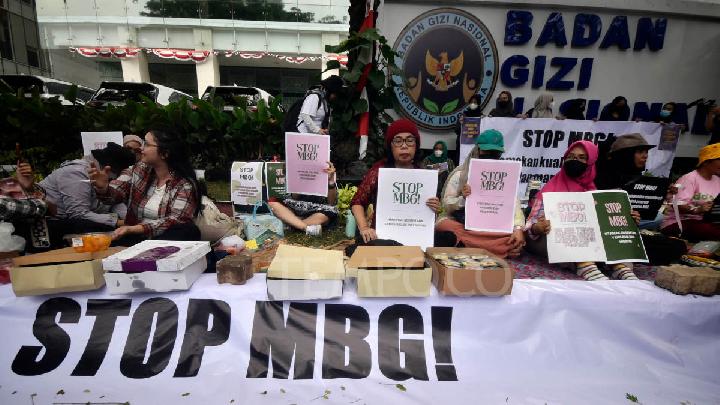



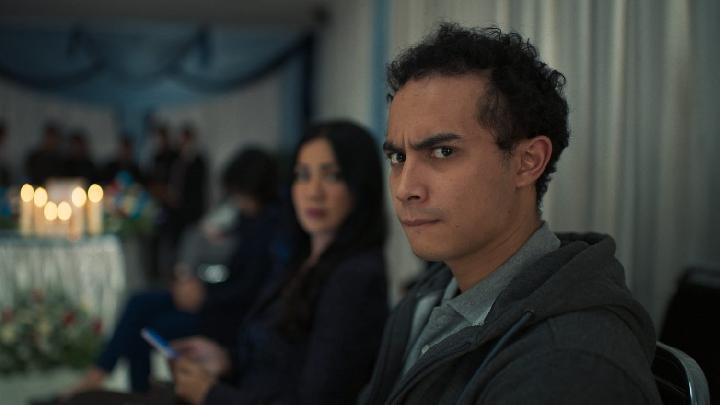
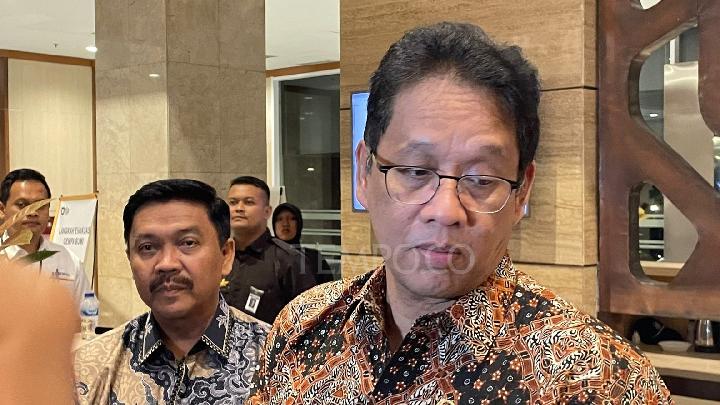

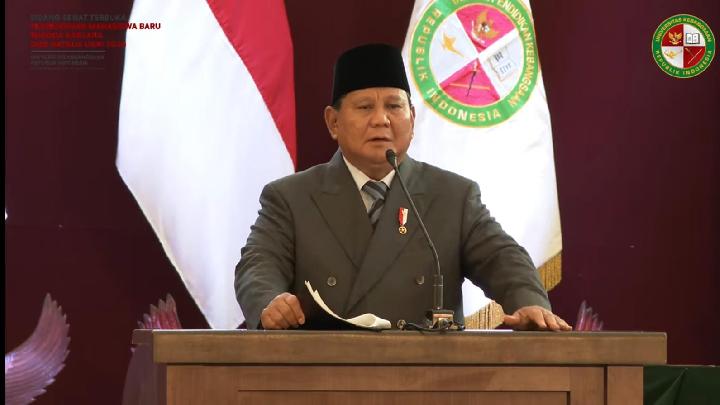


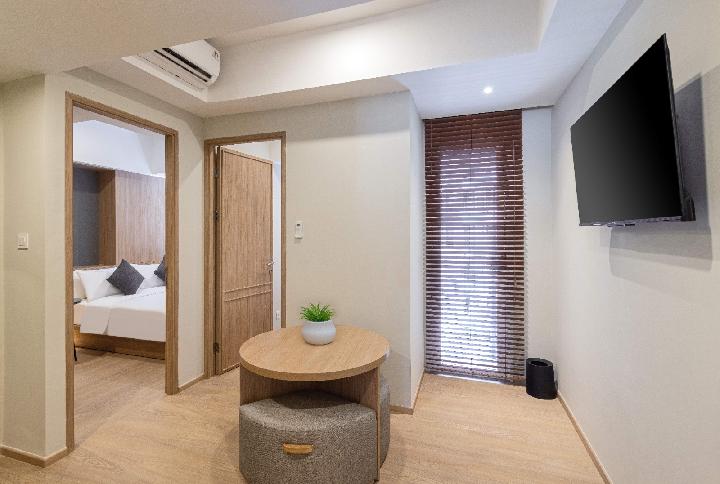











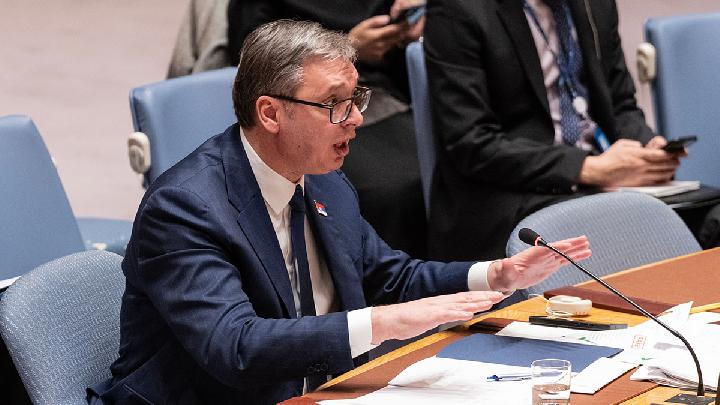
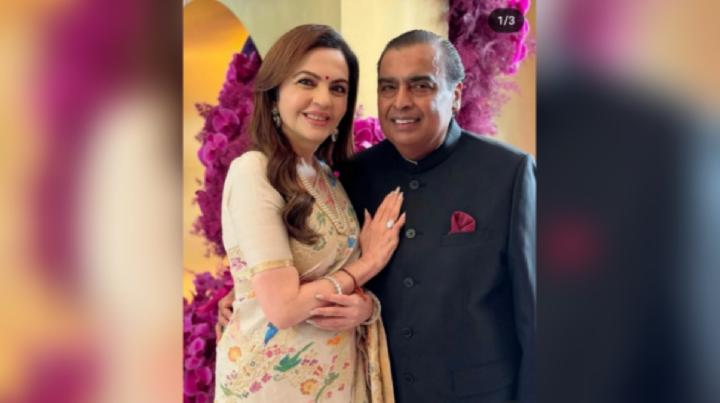
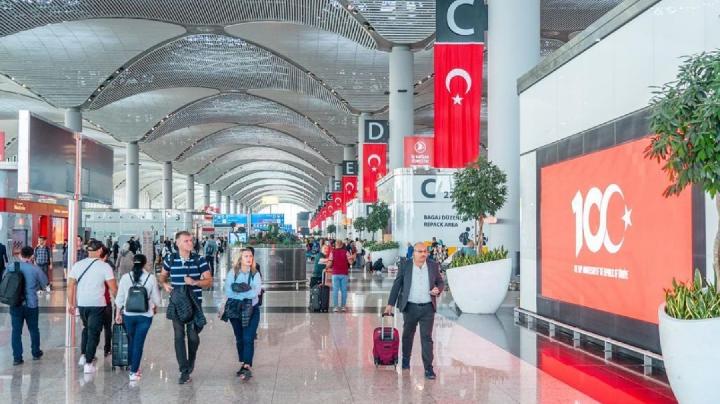
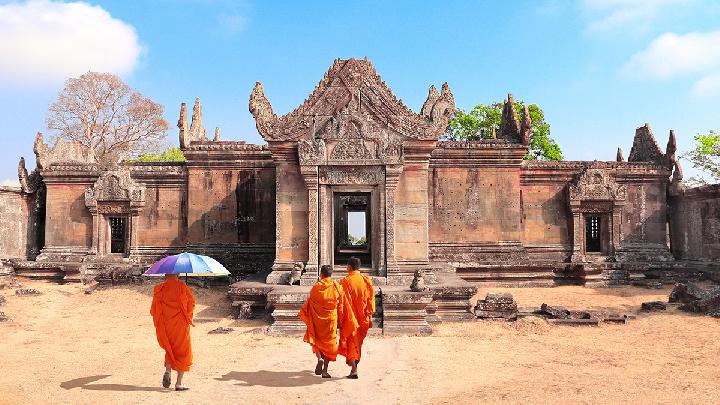
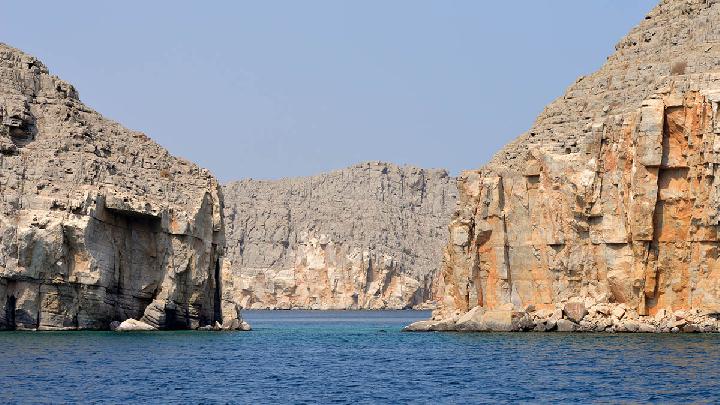
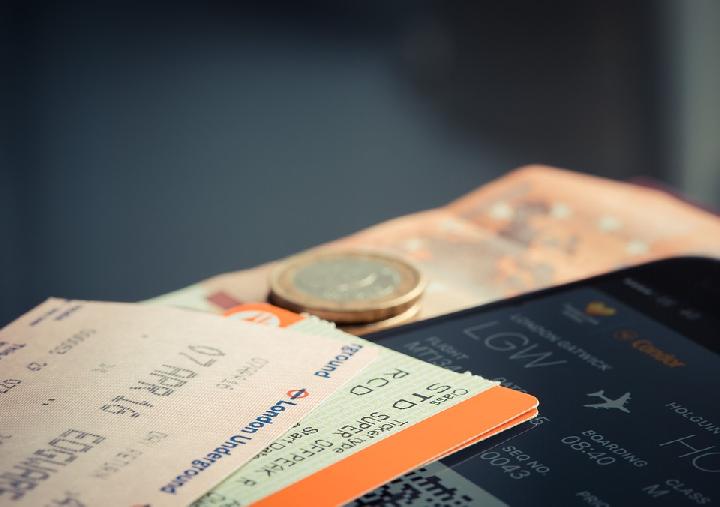
:strip_icc():format(jpeg)/kly-media-production/medias/5109984/original/014787400_1737901129-medium-shot-girl-helping-brother_23-2148748684.jpg)
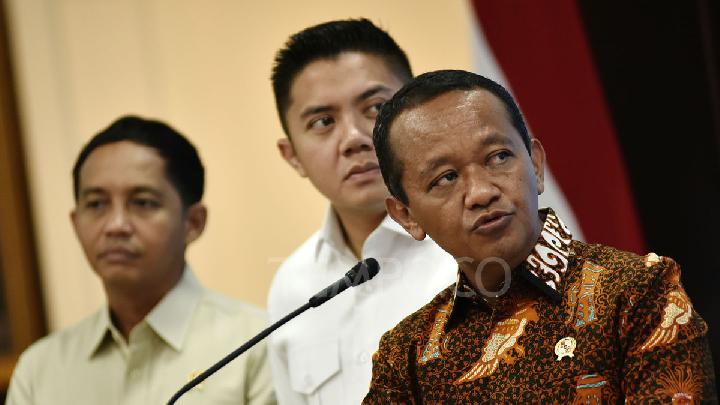
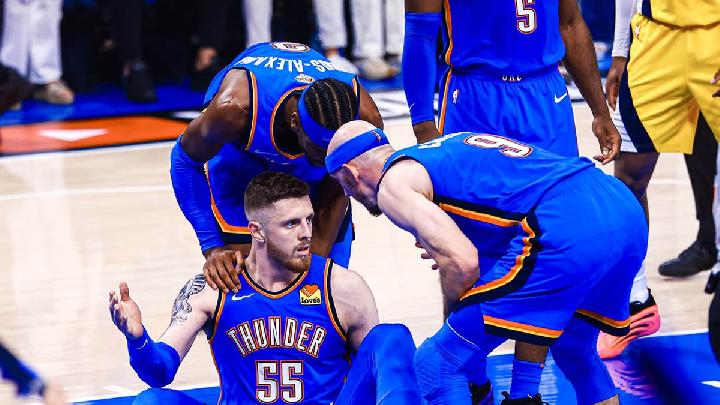
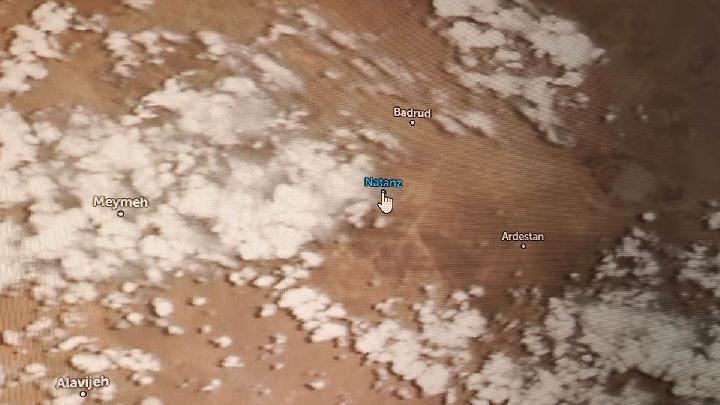
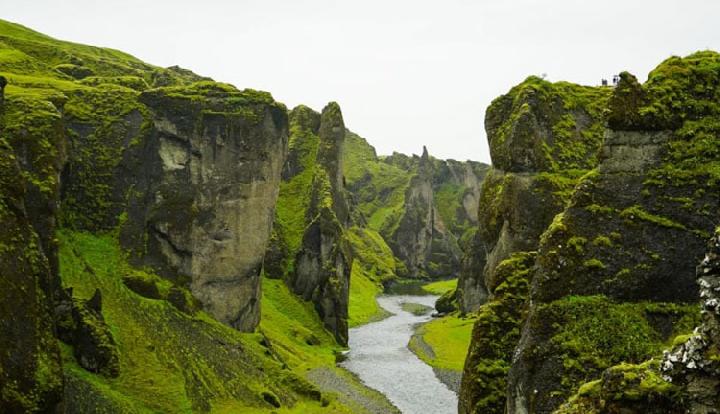
:strip_icc():format(jpeg)/kly-media-production/medias/5238090/original/074714200_1748671861-family-spending-time-together-mother-with-four-kids-standing-holding-hands-against-white-suv-car.jpg)
:strip_icc():format(jpeg)/kly-media-production/medias/5265873/original/051498900_1750934466-WhatsApp_Image_2025-06-20_at_19.09.02_1_.jpeg)
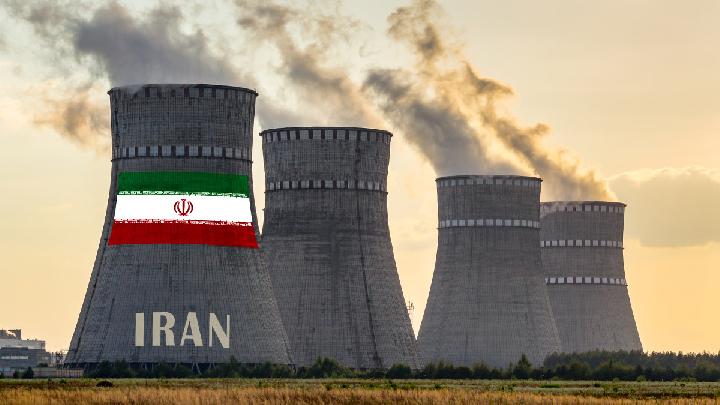
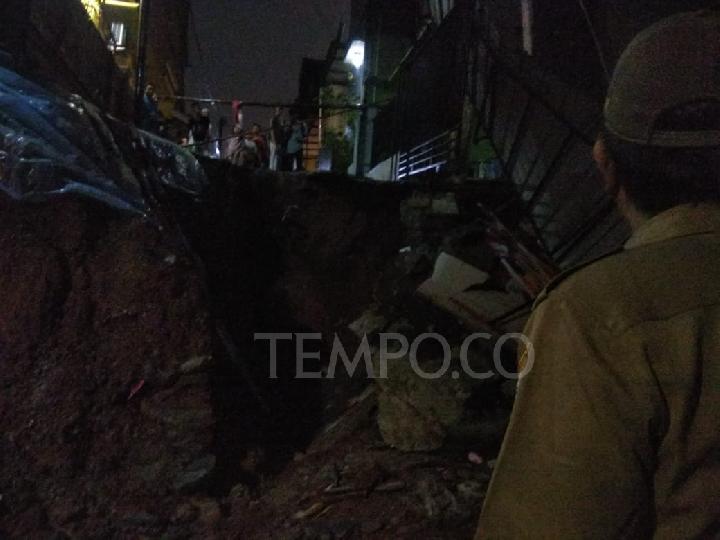
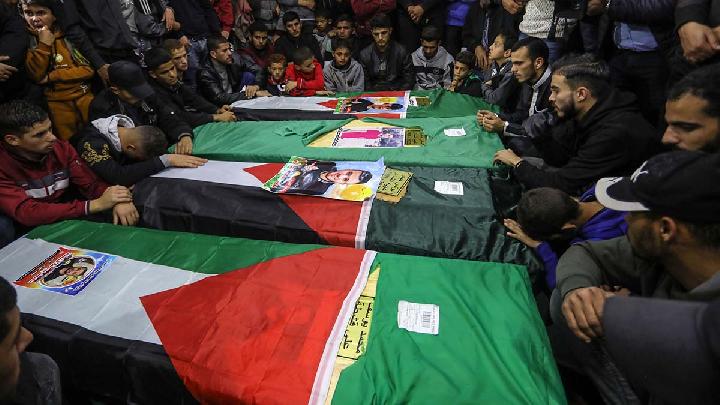
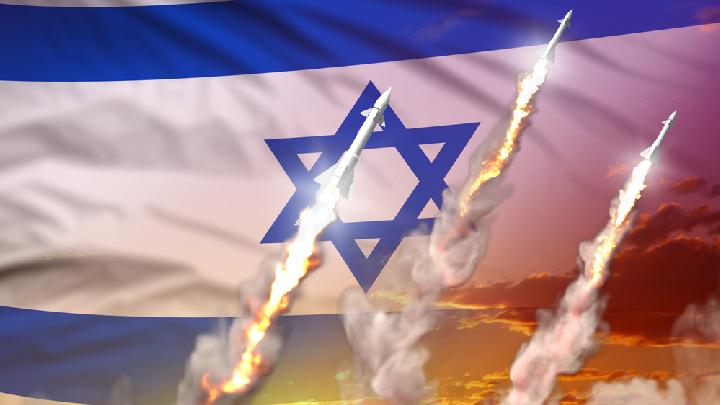
:strip_icc():format(jpeg)/kly-media-production/medias/5237589/original/092987300_1748596794-Ibu_hamil.jpg)
:strip_icc():format(jpeg)/kly-media-production/medias/5261980/original/057446900_1750732334-front-view-sad-girl-with-hair-comb.jpg)
